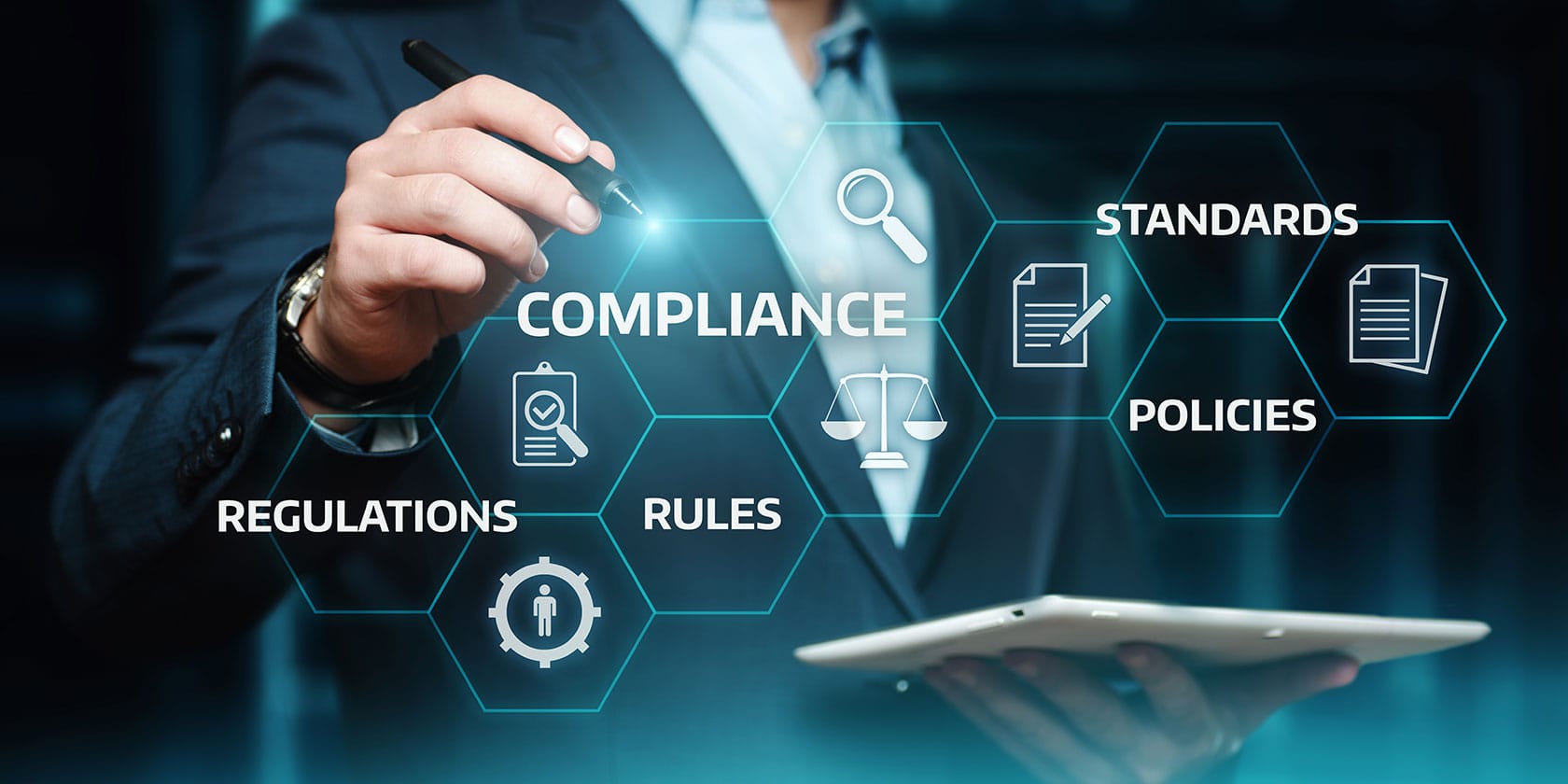The legal industry is often traditional and resistant to change. However, as technology advances, the law must evolve to keep up, which brings legal professionals along for the ride. Depositions and eDiscovery have undergone a particularly rapid evolution.
As your firm plans for the new year, consider the potential changes on the horizon. How will your firm address changing privacy standards set forth by the CCPA and the GDPR? What technical knowledge will your employees need to work effectively? In this article, we’ll share our insights into the future of depositions and eDiscovery to help you answer common questions and prepare for new changes.
What technical knowledge will my employees need?
Of course, it’s impossible to say with certainty what technology might appear throughout the year. However, there are some things we can safely expect. As eDiscovery grows more complicated, legal professionals must learn more about the fundamental technical basis for their work. For example, it will be important to understand the lifecycle of data. Information is deleted or preserved according to specific parameters, which will inform the discovery process. In addition to the data lifecycle, consider providing basic employee education about hard drives, storage options, server functions, and data formats.
What software will I need to purchase?
If you do not work with an eDiscovery provider, such as First Legal, your firm will likely find it necessary to invest in Technology Assisted Review (TAR) applications. With the aid of artificial intelligence, eDiscovery efforts become far more efficient. After the program provides initial search results, human effort can complete each task more quickly. In fact, many large firms have found that TAR applications allow them to handle processing, review, and production in-house. Boutique and mid-size firms often find that it is more cost-efficient to outsource to eDiscovery providers.
Will I need to hire new employees?
Given the complexity of eDiscovery, firms that want to handle the work in-house should consider hiring an expert in the field. With any new technology, it’s important that you are able to present the court with all of the steps used to identify and retrieve information. From collection to processing to production, every detail will be important if expert testimony is required. Firms that work with eDiscovery providers often have automatic access to these experts when needed. However, if your discovery is handled by attorneys in-house, it can prove difficult to find expert testimony when needed.
What do I need to know about privacy standards?
Although the General Data Protection Regulation (GDPR) took effect in 2018, law firms without international dealings may have been unaffected by the change. However, privacy regulation is coming to California in 2020 with the California Consumer Privacy Act (CCPA). This means that law firms will need to pay special attention to privacy laws and assess their eDiscovery process to ensure compliance. For example, you’ll need to determine how internet service providers and software providers use the data they manipulate. As you prepare for the CCPA to go into effect, consider consulting with eDiscovery experts.





